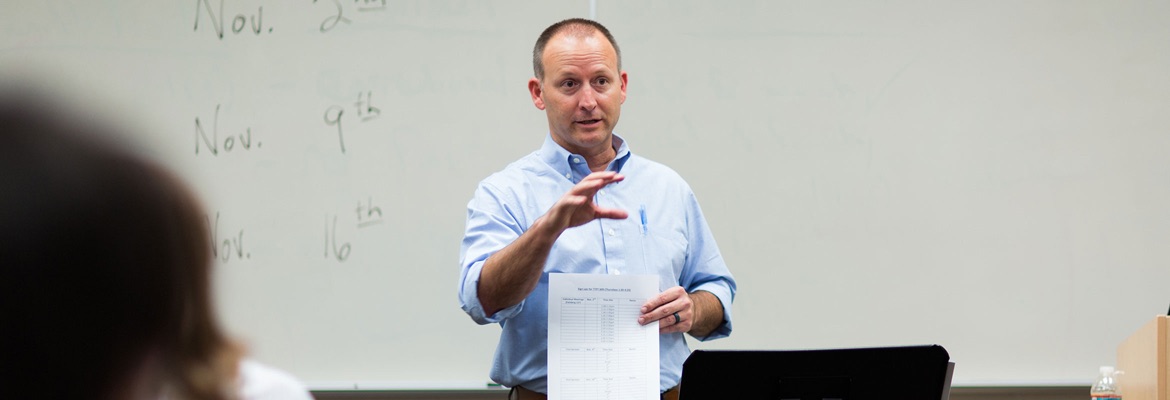Doctor of Ministry

Overview
The Doctor of Ministry, often referred to as D.Min. or DMin, is offered through Talbot School of Theology at Biola University. Designed to help ministry leaders, ministry professionals and church leaders improve their ministry skills, the Doctor of Ministry degree program allows you to continue in your full-time ministry while you learn, reflect and polish the gifts God has given you within a strong community.
Students are asked to come to campus only two weeks a year for training by some of the world’s best faculty in small classes filled with people with passion for ministry, Christ, community and more. Biola's location, just outside the great city of Los Angeles, California, makes it easy for individuals from all over the world to come and learn with us while pursuing doctoral degrees. The Doctor of Ministry program cost is modest, while the value of what can be gained is priceless.
We invite you to join us and “fan into flame the gift of God that is in you” (2 Tim. 1:6).
Program Tracks
- Advanced Biblical Preaching, taught by Donald R. Sunukjian
- African American Ministry, taught by Parnell M. Lovelace, Jr.
- Asian American Ministry, taught by Ben Shin
- Biblical Justice, taught by Eddie Byun and Kenneth Ulmer
- Discipleship for the 21st Century, taught by Steven L. Porter
- Engaging Mind and Culture, taught by Rick Langer
- Growing and Multiplying Churches, taught by Gary McIntosh and Alan McMahan
- Heart, Mind and Soul, taught by Donald R. Sunukjian, Steven L. Porter and Greg Ganssle
- Ministry Skills, taught by Ben Shin
- Small Town Churches, taught by David Odegard
- Spiritual Formation and Soul Care, taught by John Coe
- Strengthening the Skills of a Shepherd (한국어 목회학박사 학위과정)
(All courses fully taught in Korean)
D.Min. Program Distinctives
Talbot’s Doctor of Ministry program offers the first-class, ministry-oriented education that you have always wanted. Here is some of what will set your experience apart.
- Cohort-Based. We believe the best learning occurs within relationships and community. We limit the size of our cohorts so you can develop personal relationships with each other. Your academic pilgrimage will be with classmates who share your passion within a ministry setting. You may come from different geographic and ministry backgrounds, but you will gather here to learn together and form friendships that will last a lifetime.
- Faculty-Mentor Led. The faculty are recognized experts in their fields who want to share their lives, as well as their expertise. Because we limit the size of the cohorts, that can happen. From start to finish, and beyond, our faculty-mentors care about you as a person.
- Practitioner-Sensitive. Our program gives you the opportunity to focus on ministry in general or on a specific aspect of ministry. Talbot offers numerous specialty tracks, not a generic “one size fits all” program, to help you develop deep expertise in the area of ministry that you are most passionate about. We do not waste your time with academic busy work. Your assignments will be integrated into and designed to assist your ministry. This program is intensely practical.
- Spiritual Formation-Focused. The faculty-mentors and Talbot's Institute for Spiritual Formation work together to help you to develop the mind and spiritual character necessary for effective ministry.